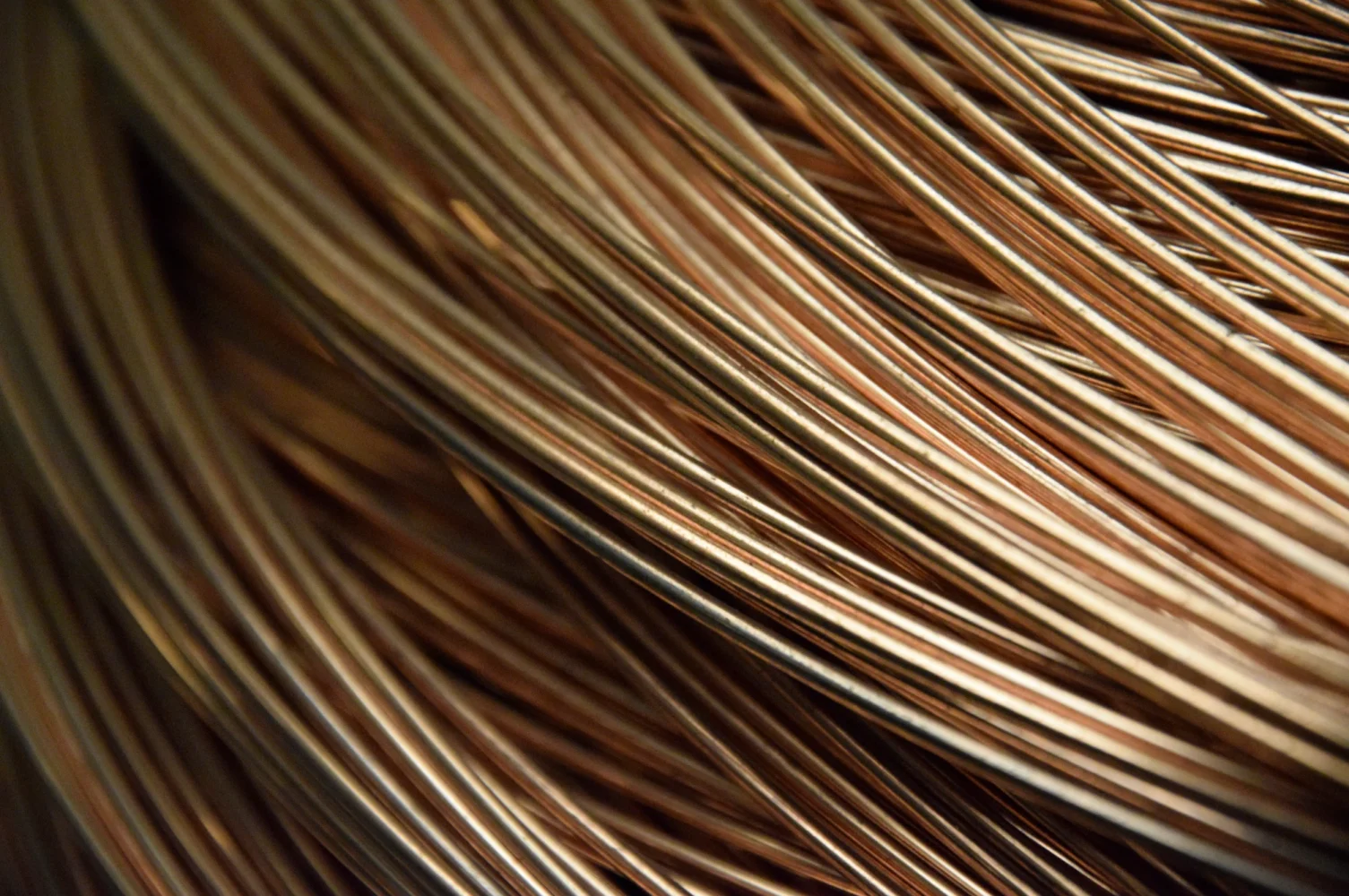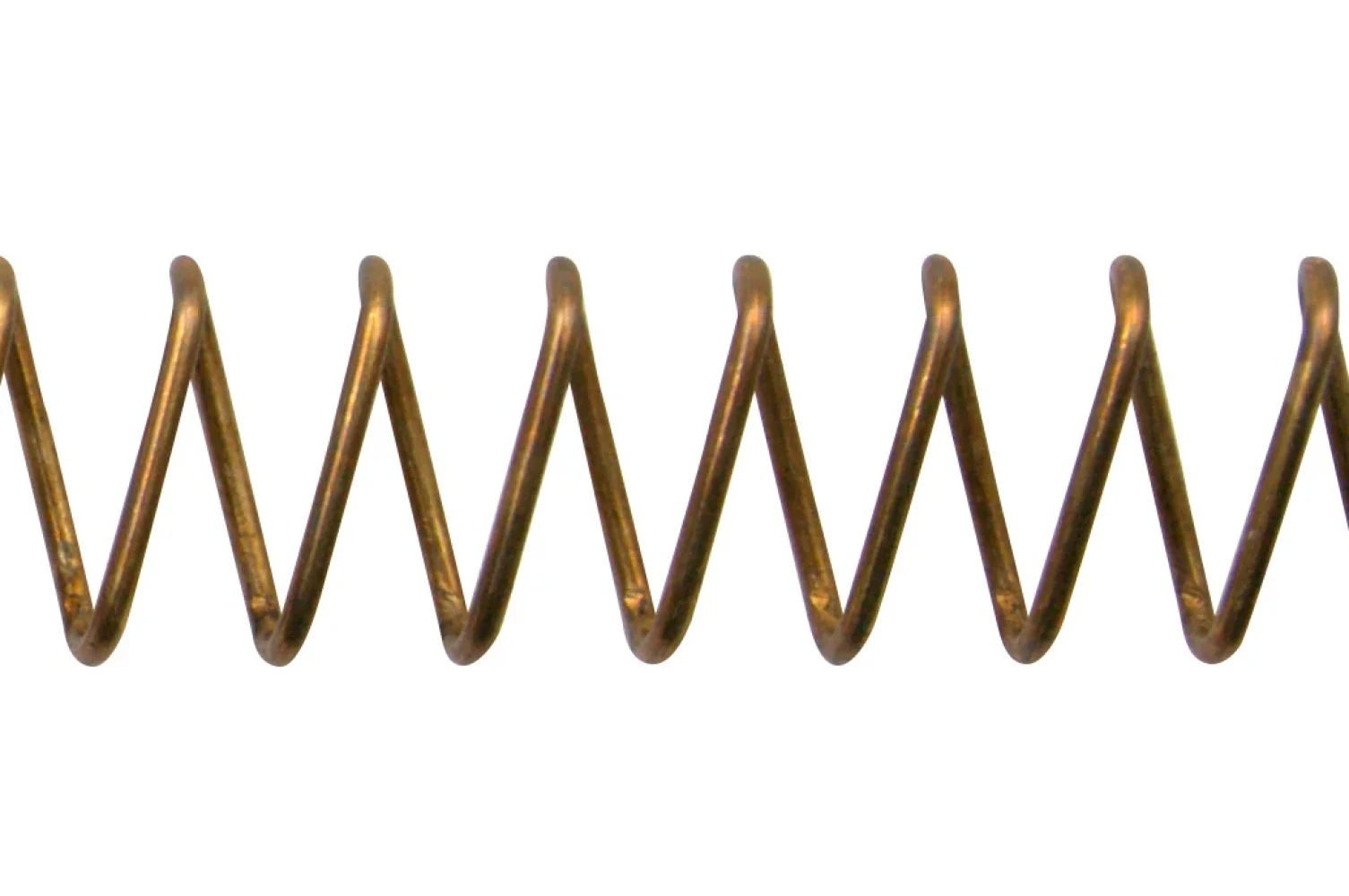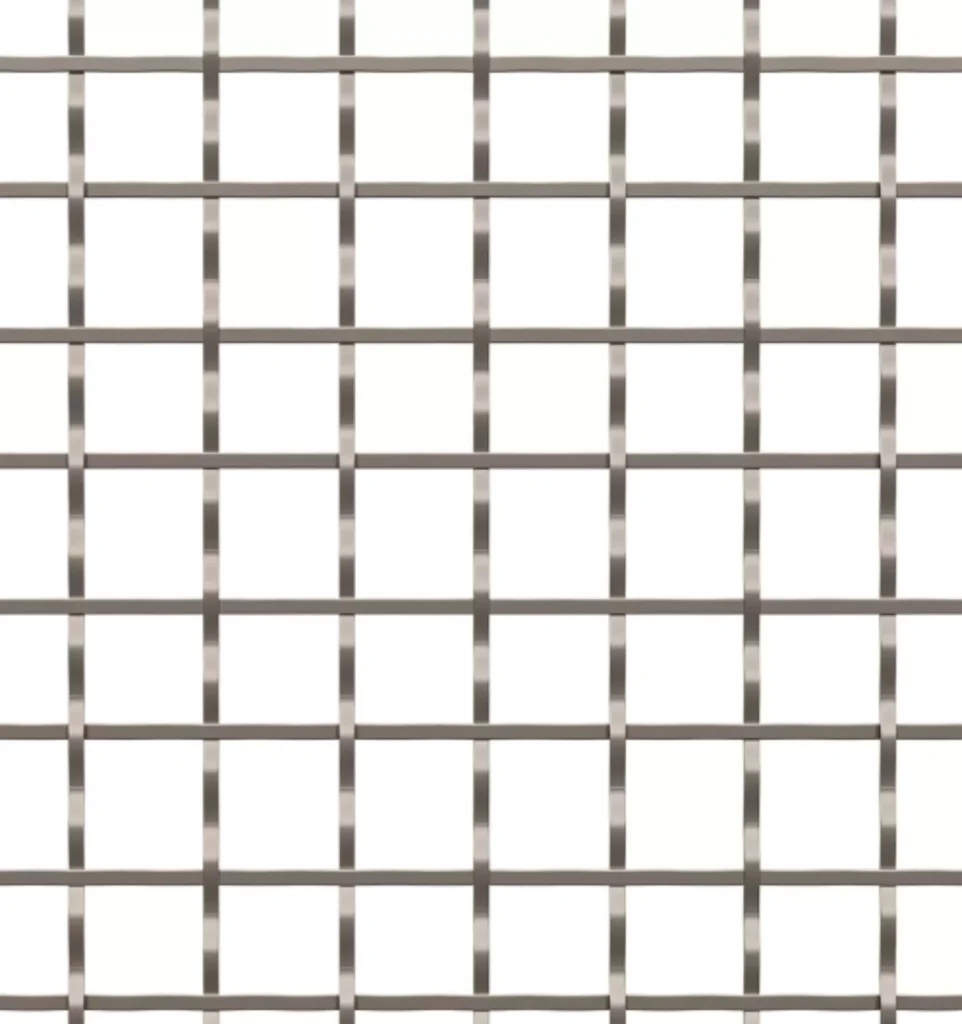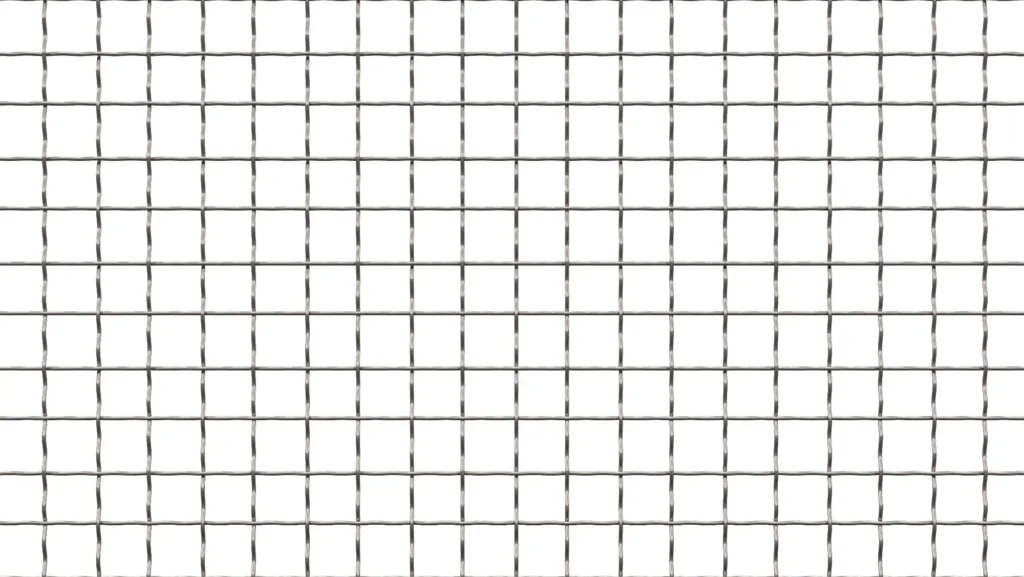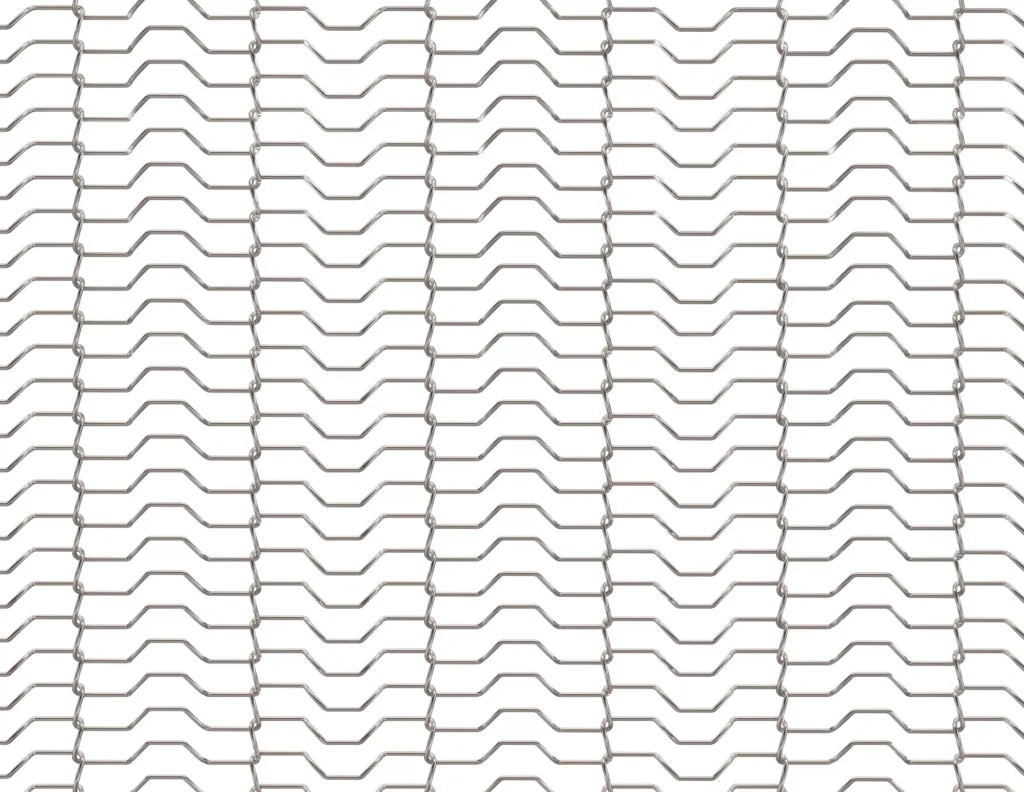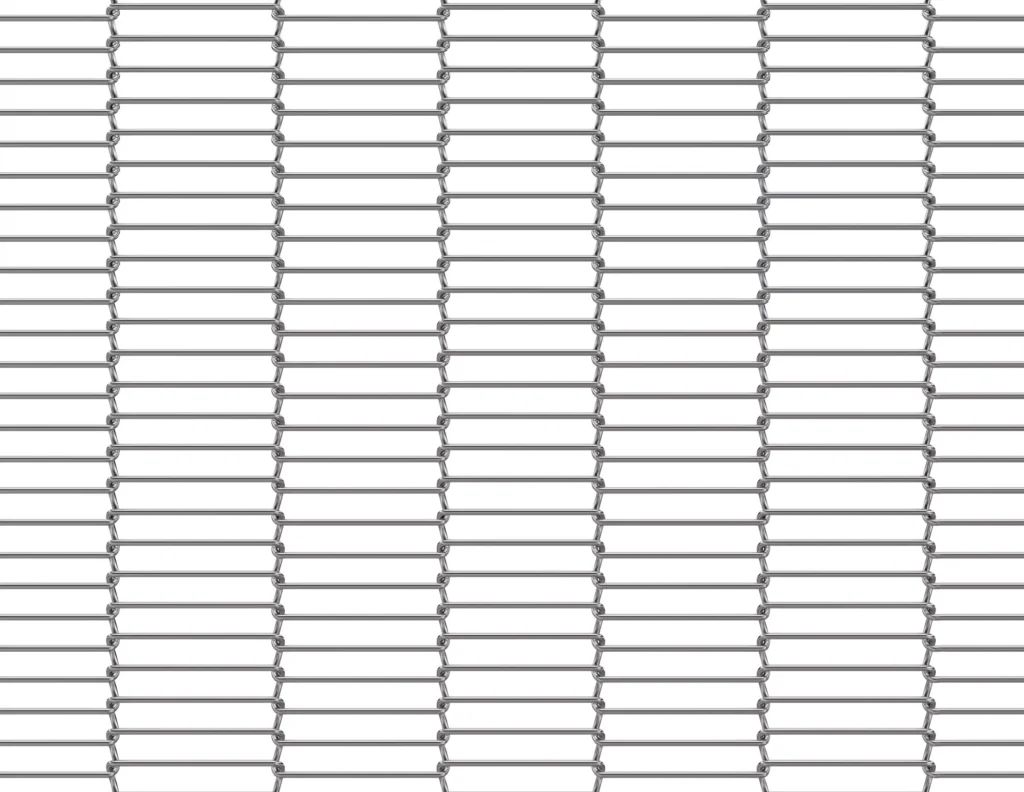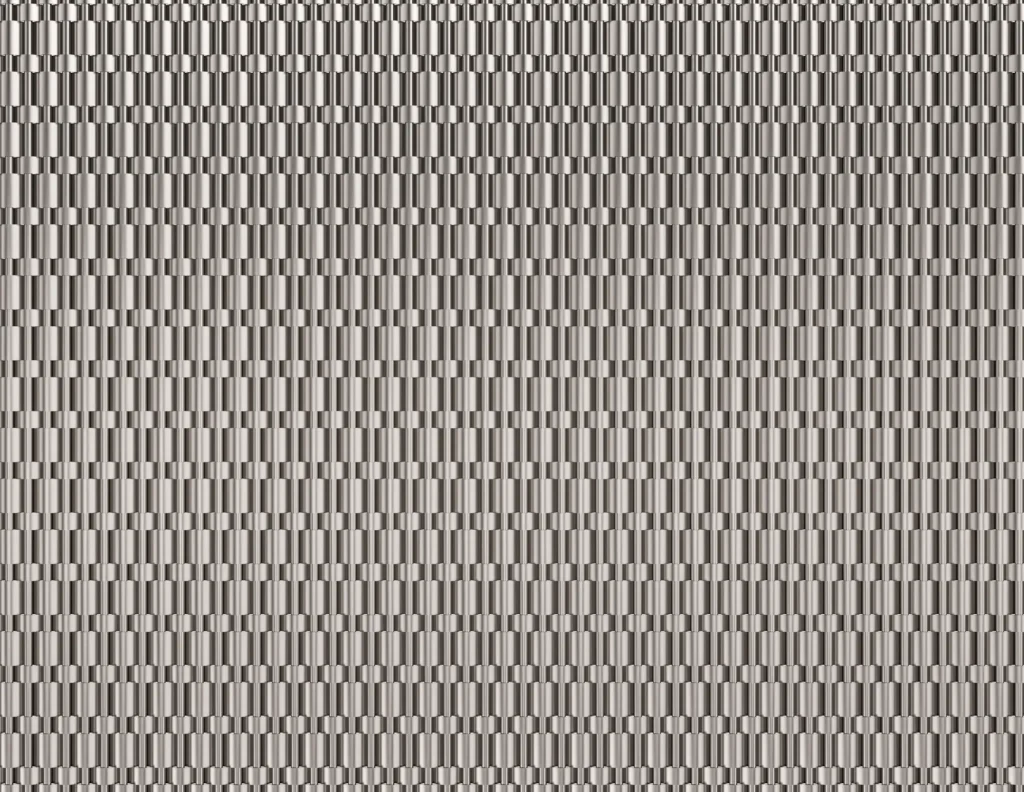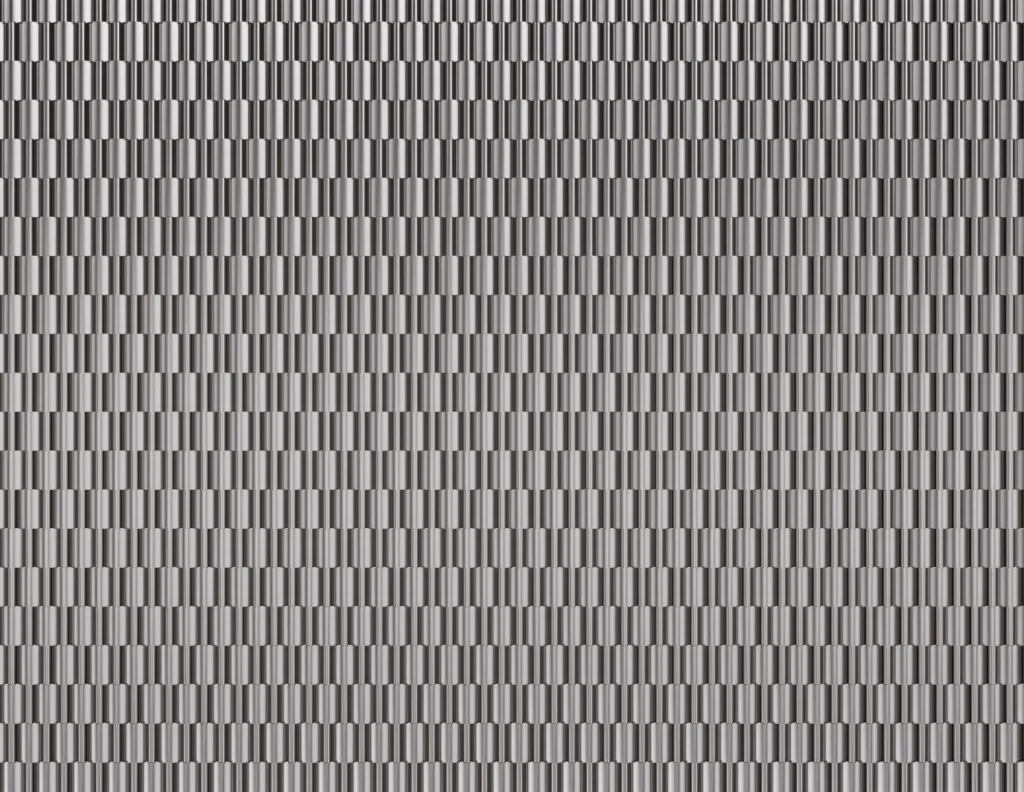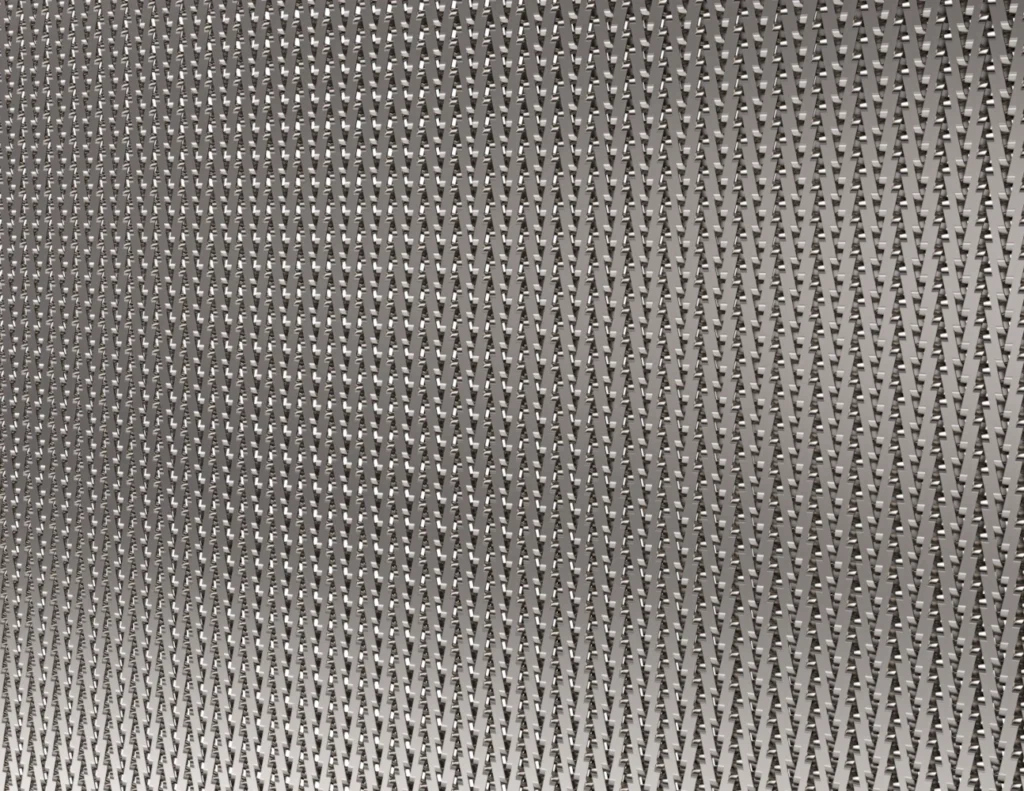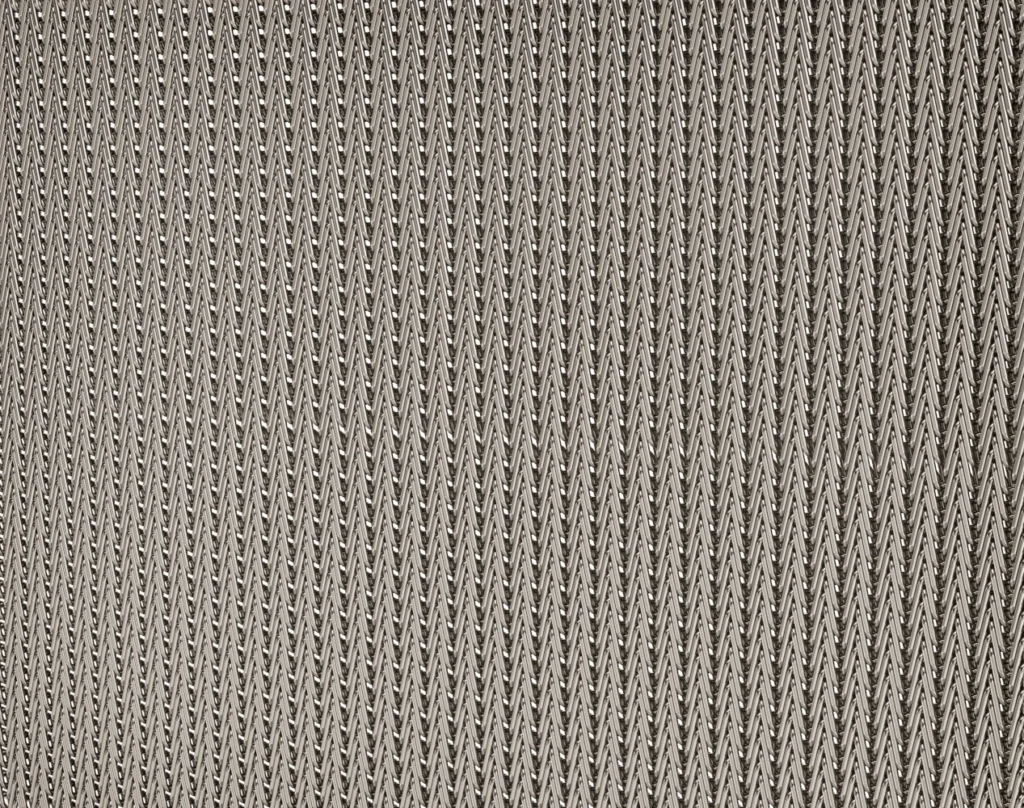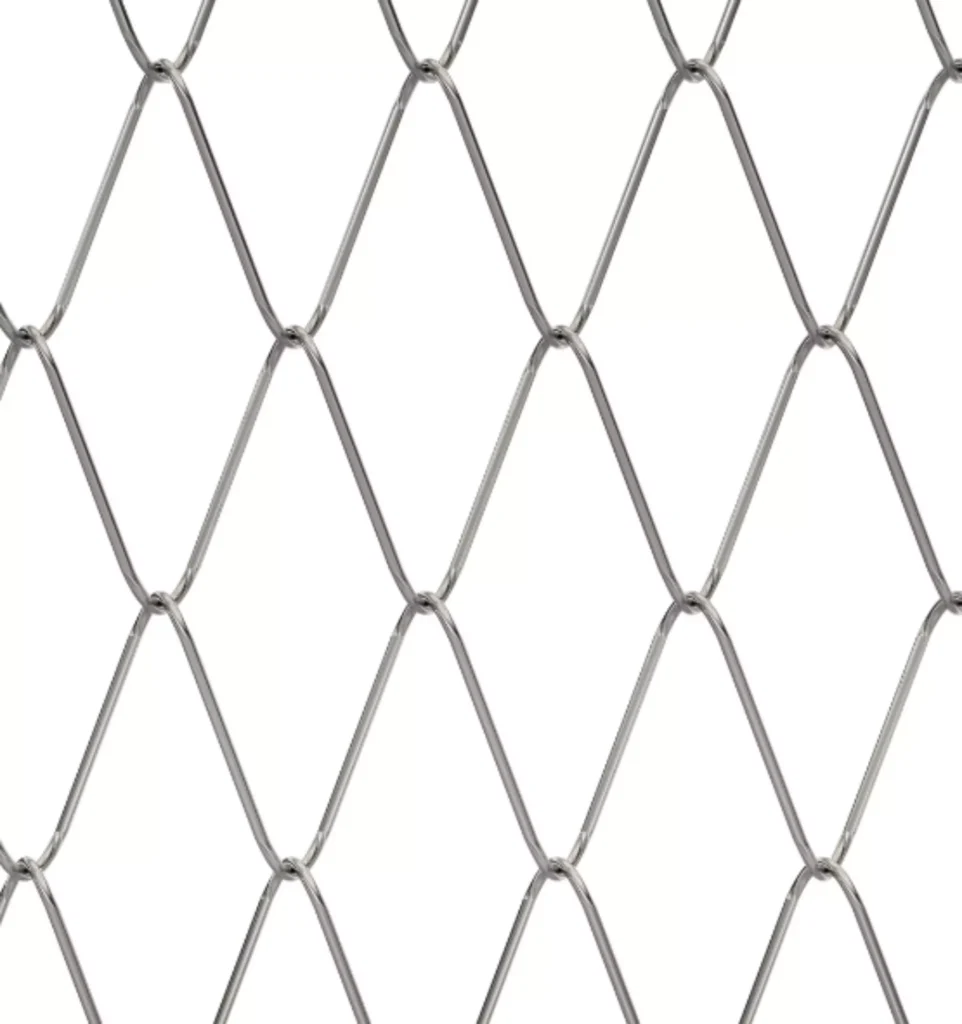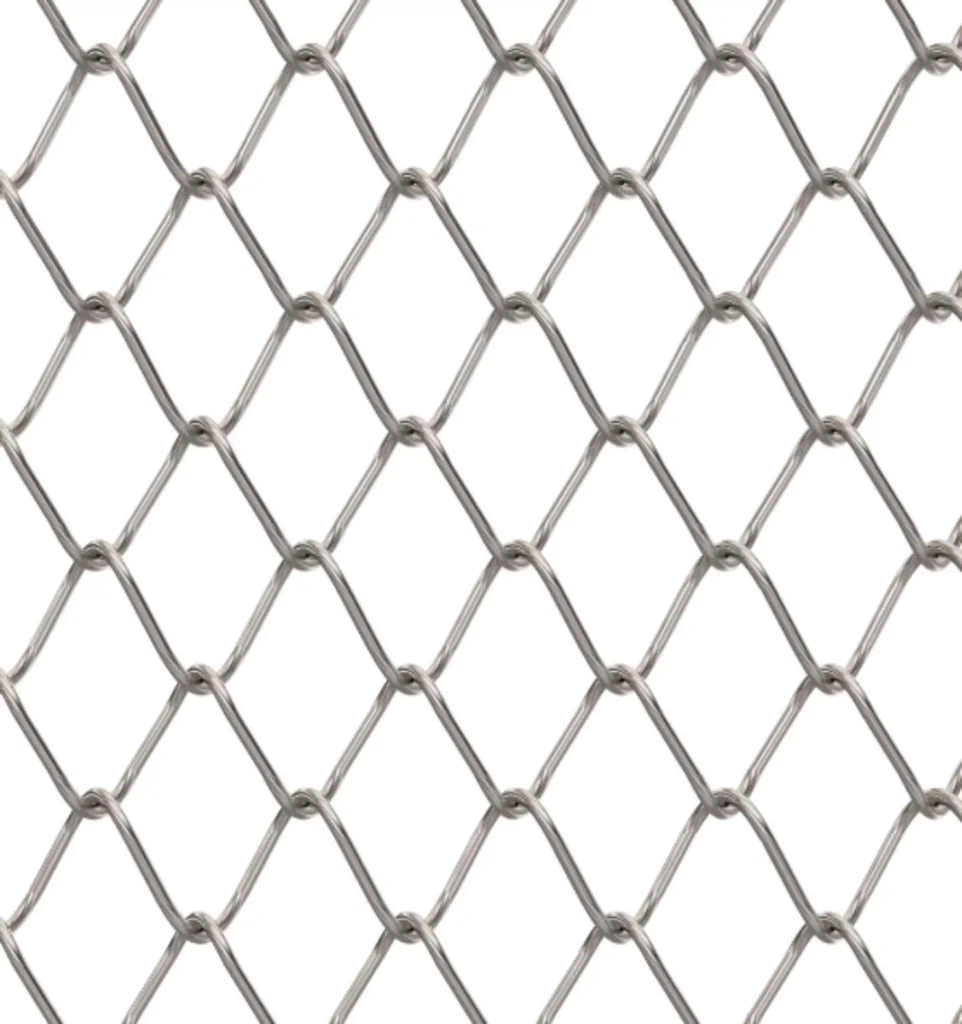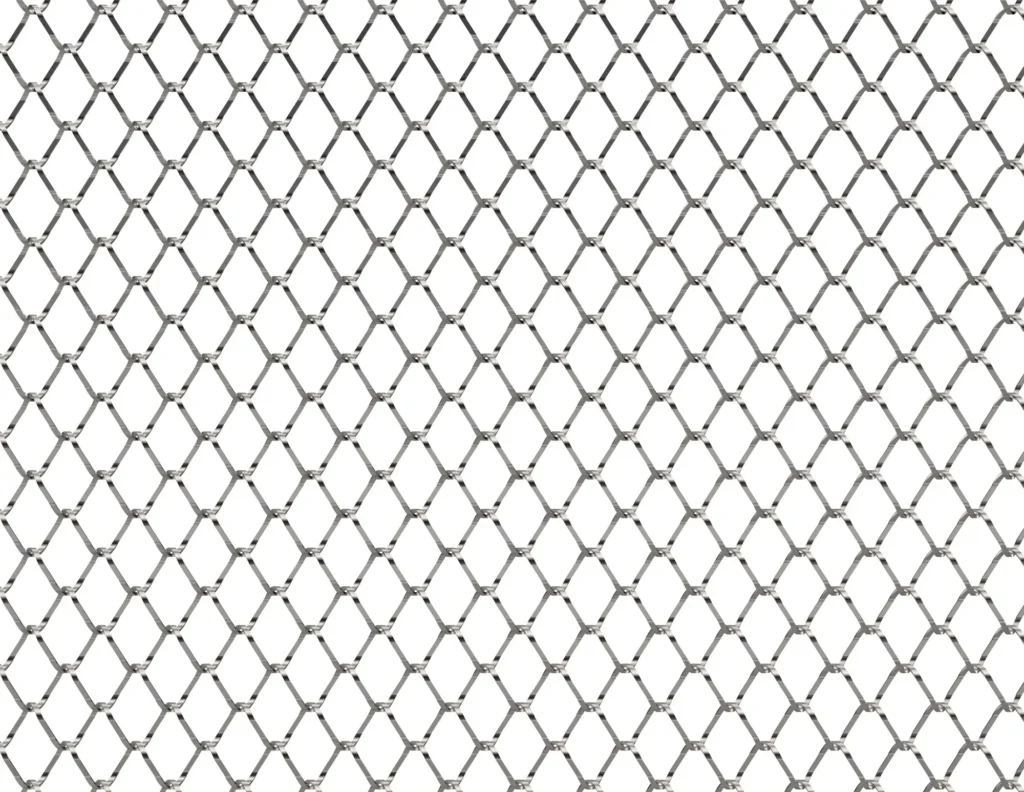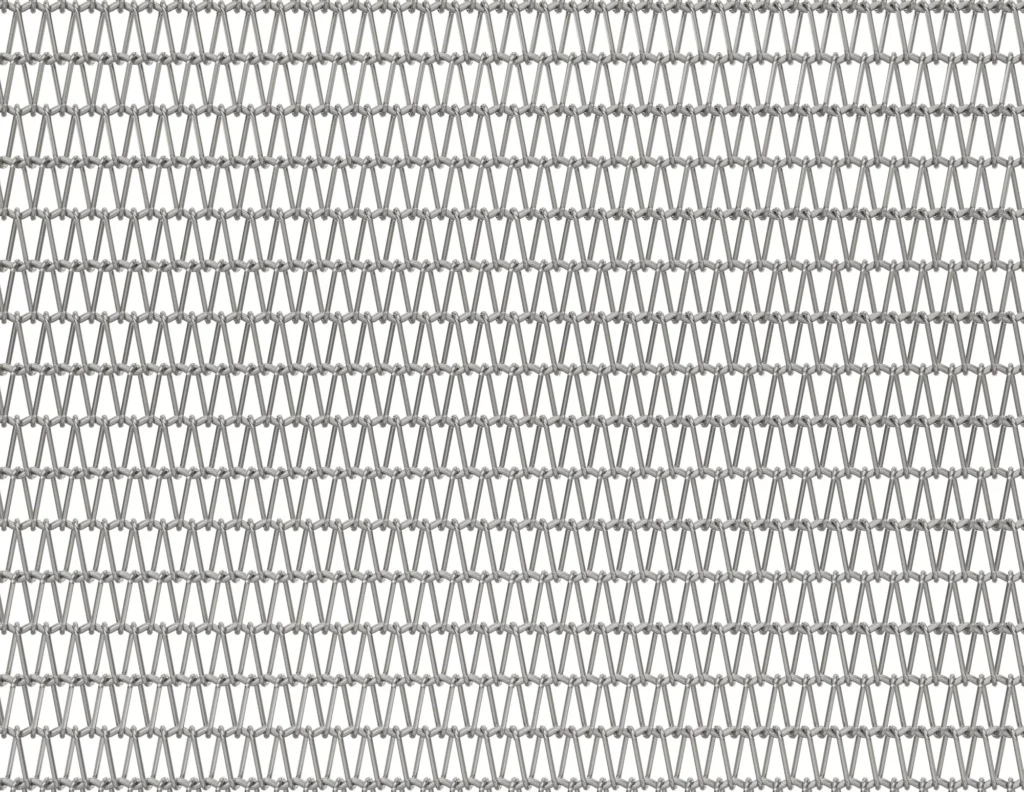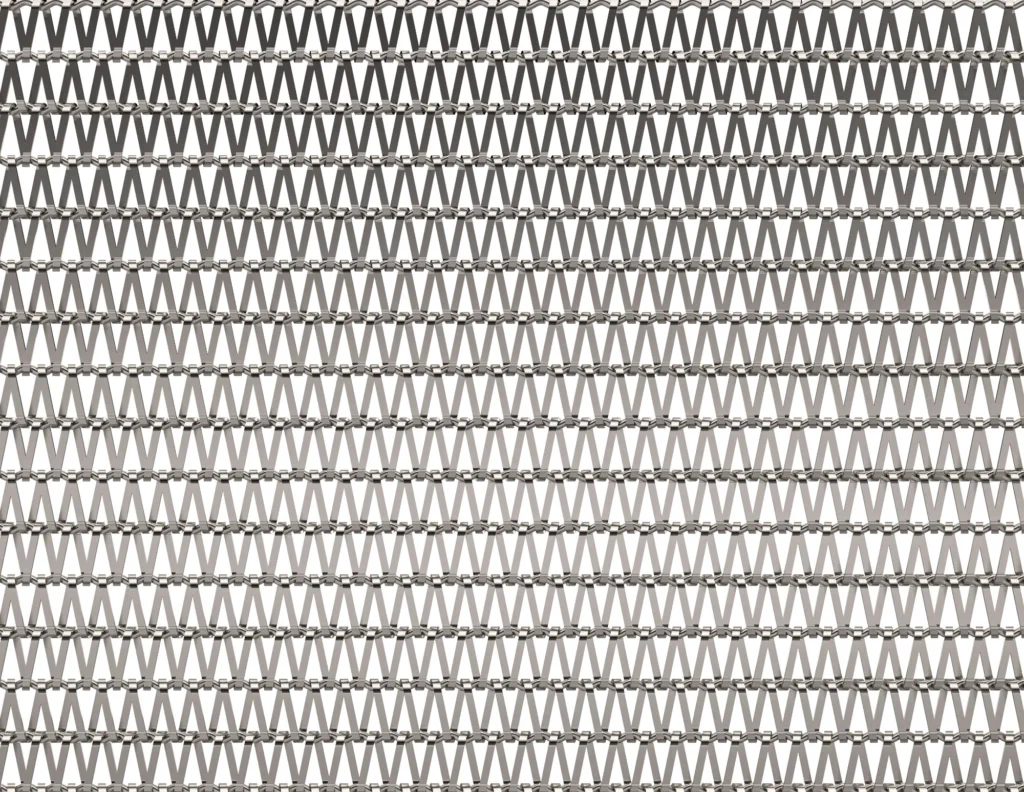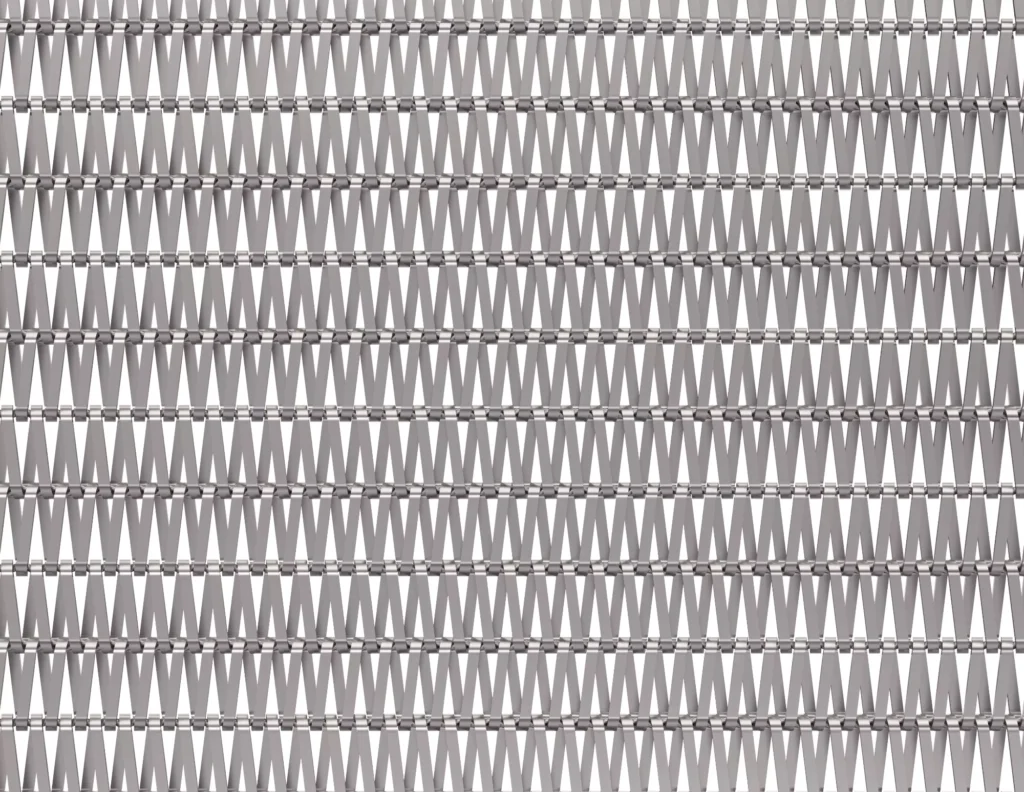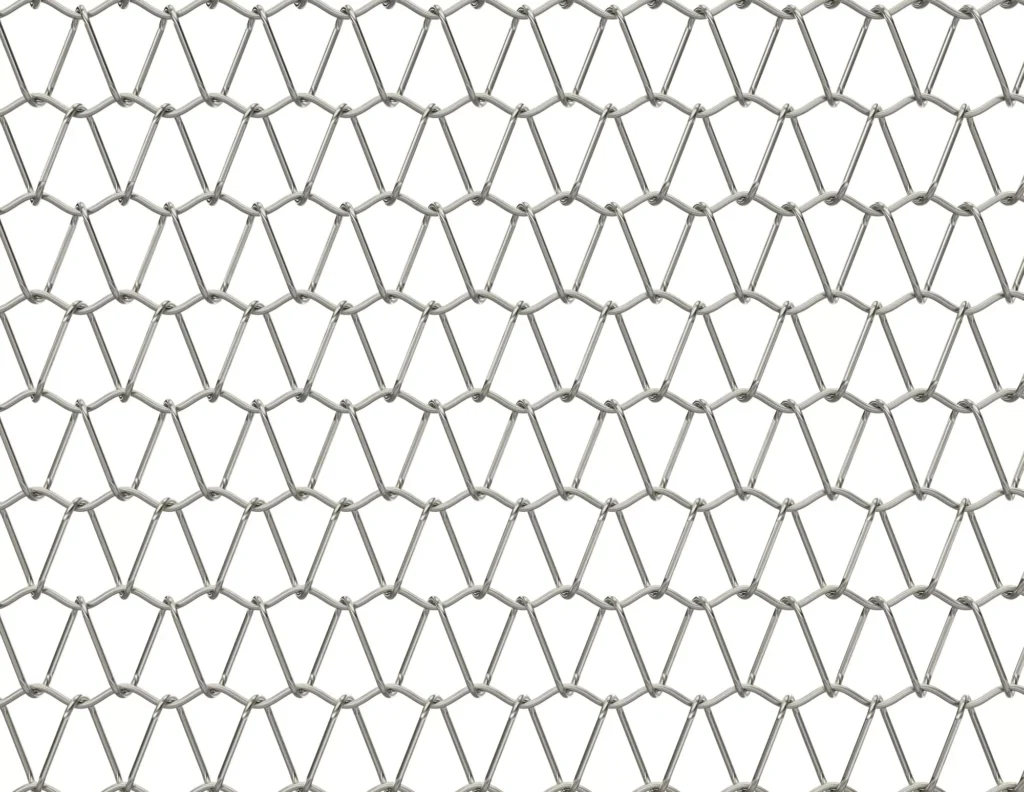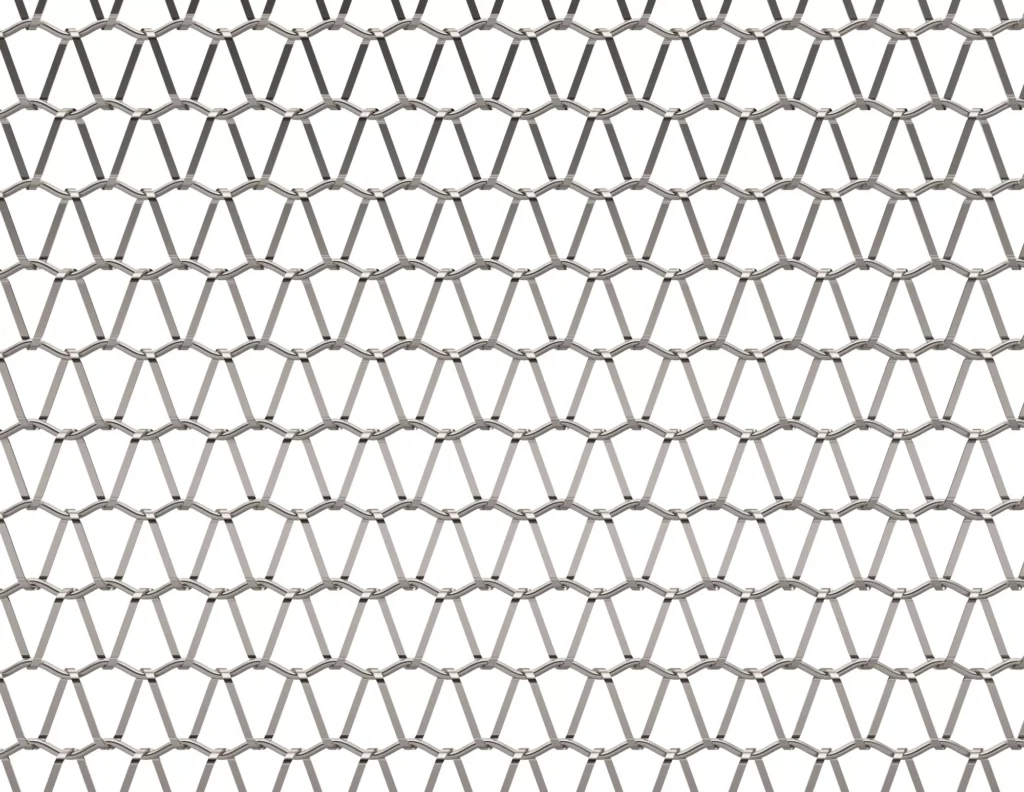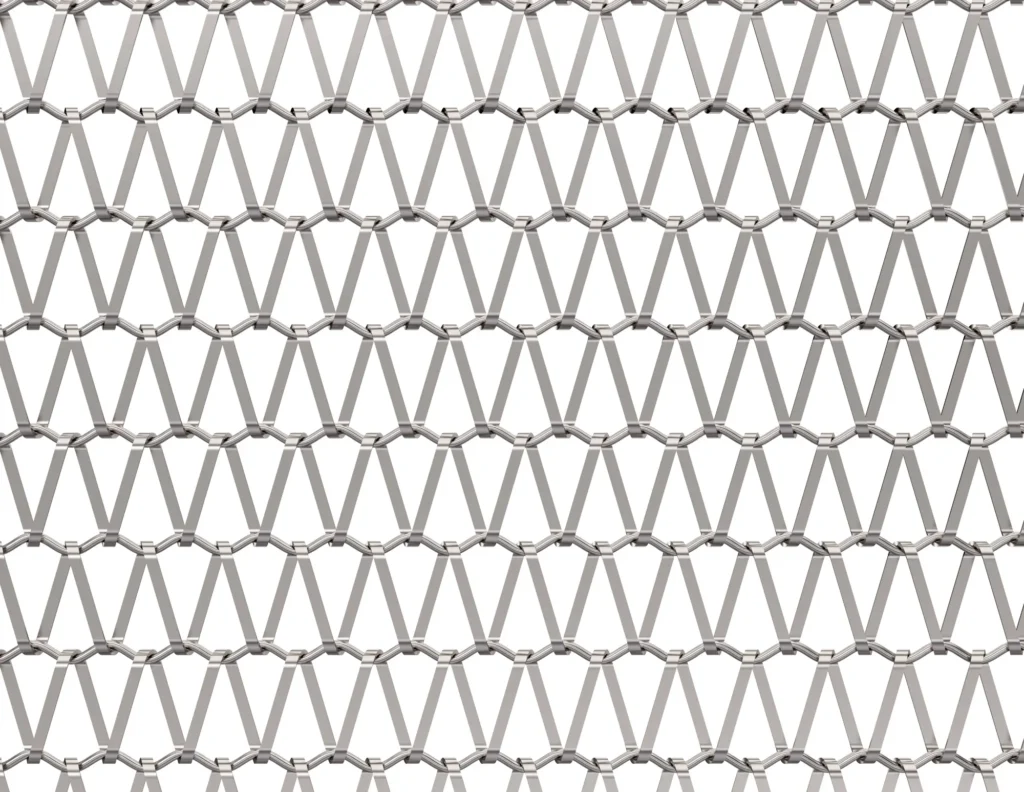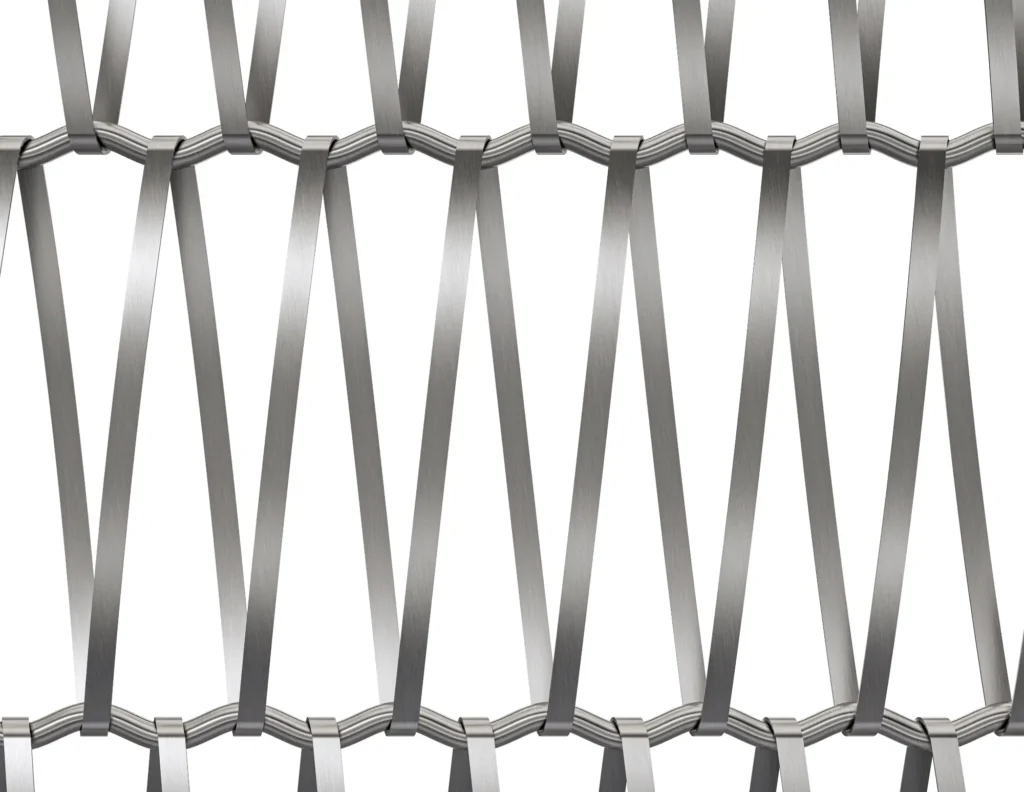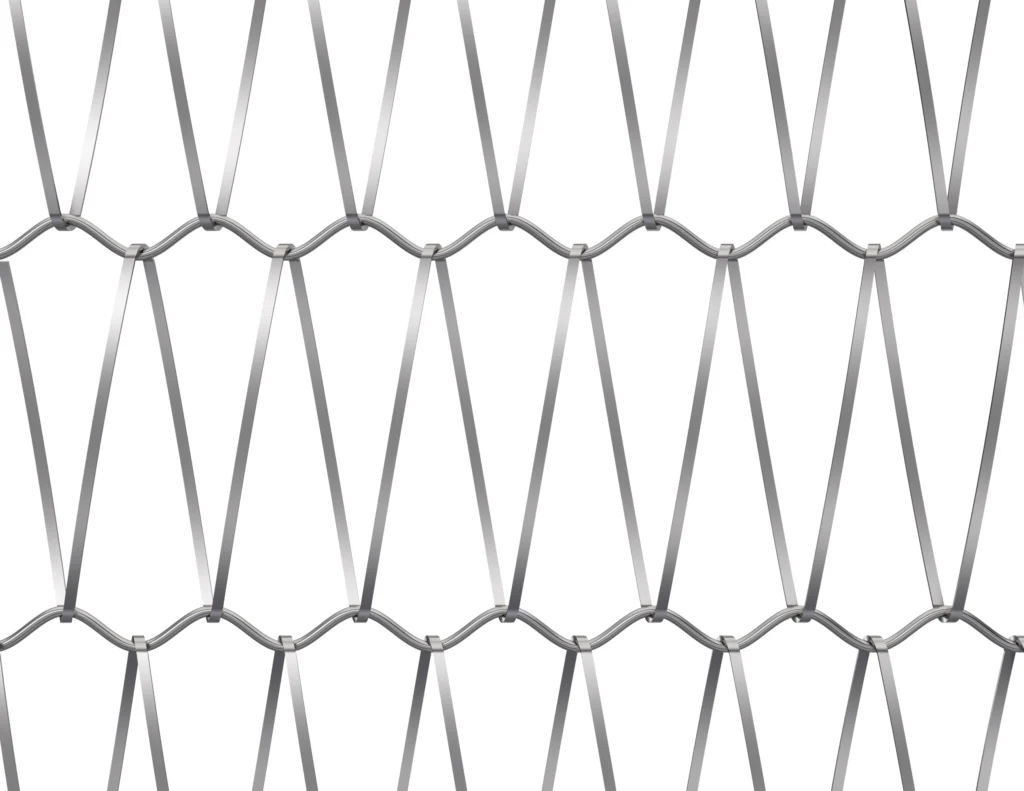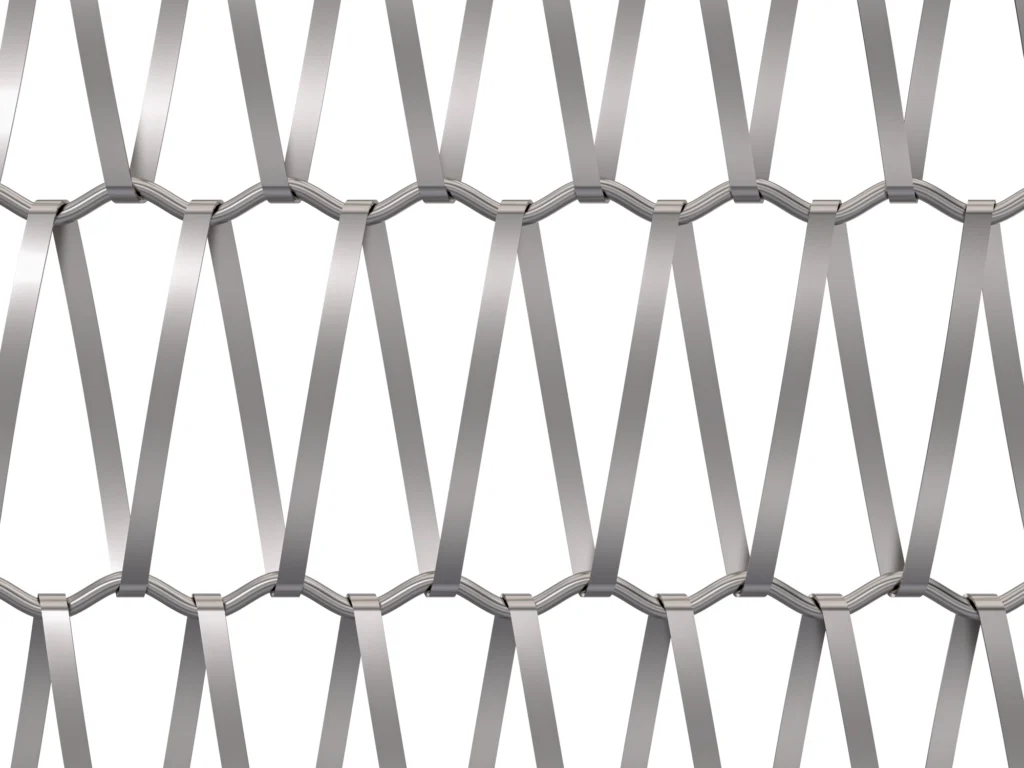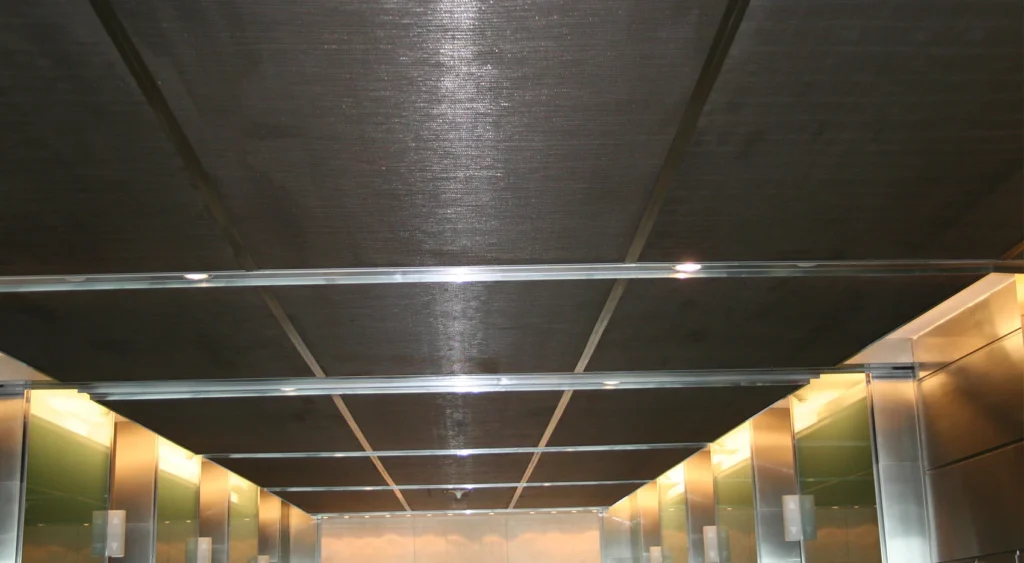Brass is an alloy that is composed of copper and zinc. It has a bright golden appearance but will slowly turn greenish and brown over time. Considered a “living finish”, the natural color change occurs quickly and depending on environmental conditions, the final color will vary. In general, in outdoor conditions in the presence of salt, humidity and sunlight, brass will turn from a bright patina to brown-greenish tones, and will darken over time.
Brass forms a protective oxide layer when exposed to air that prevents further corrosion. Like copper, it is a highly sustainable material, with a total recovery rate at the end of its life cycle, and high percentages of recycled material in its composition. Most brass can be re-melted and reformed indefinitely without losing properties.
It is a material widely used in architecture and interior design. At Codina Architectural we offer brass meshes with natural or lacquered finish.
Other materials and finishes available on request. Ask us!
Available models with Brass Mesh
The golden color of brass is unique and looks great on our brass meshes. Learn about the different models that we can build in brass. In spirals, without space between the wires, in rhombus, with flat or rounded wires, discover all the available options.
Projects using our Brass Mesh
Its characteristic color and personality to mark an elegant and prestigious aesthetic makes brass an optimal material for use in architectural applications. A brass curtain strategically placed in an interior space can provide the necessary touch of elegance in an office or restaurant. A brass mesh cladding can be the key in a shop window, the façade of a building or the ceiling of a prominent room. Discover the different applications in projects already carried out with our brass meshes.

